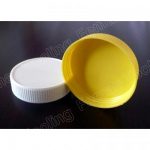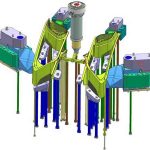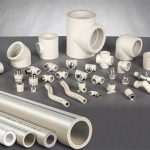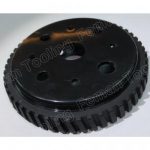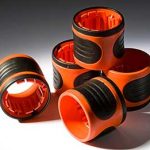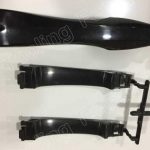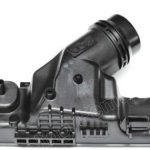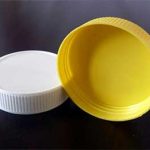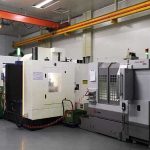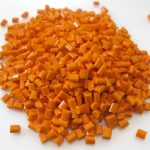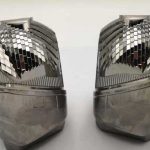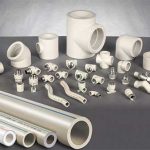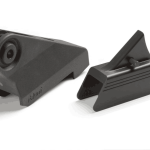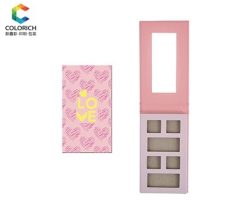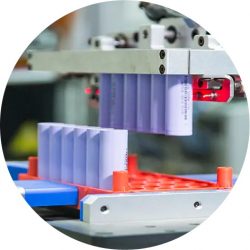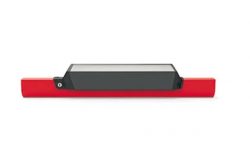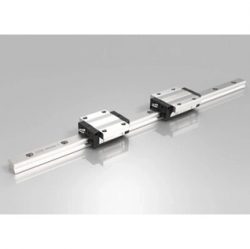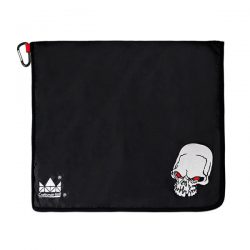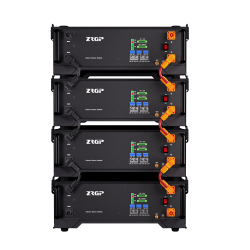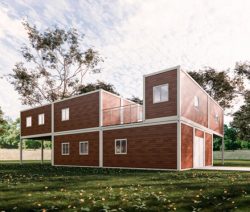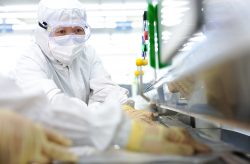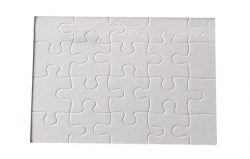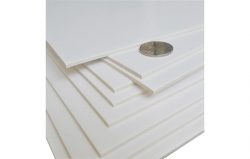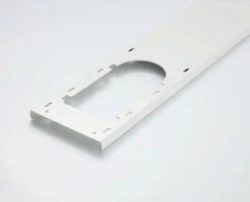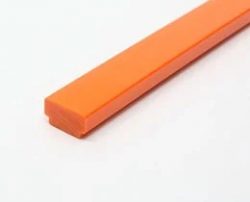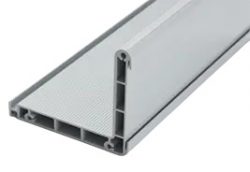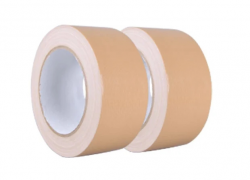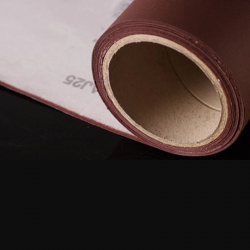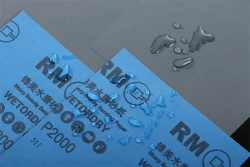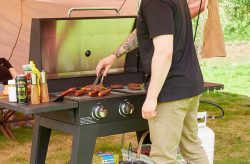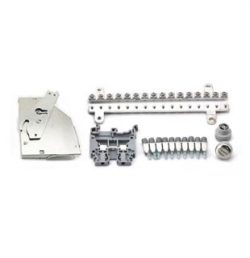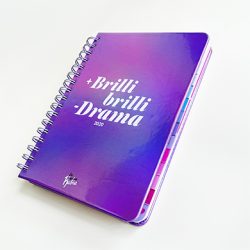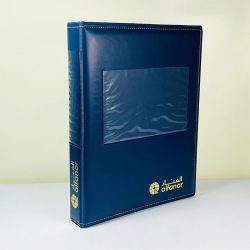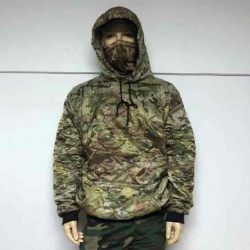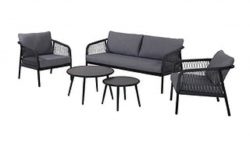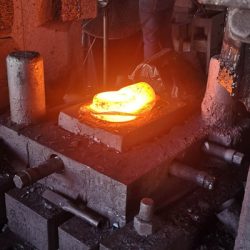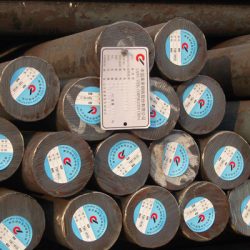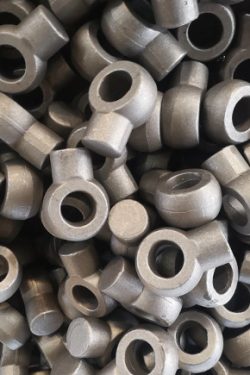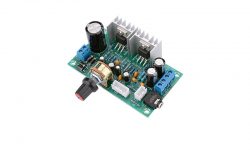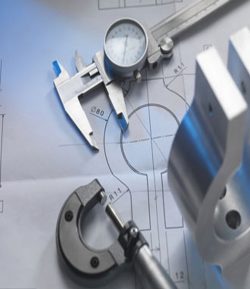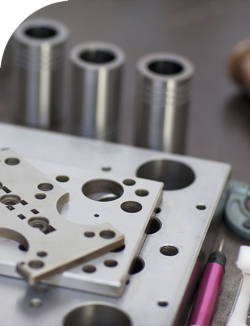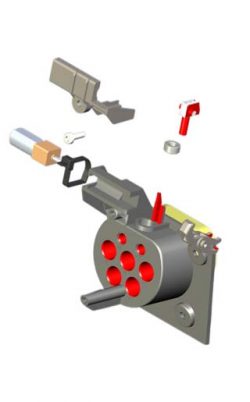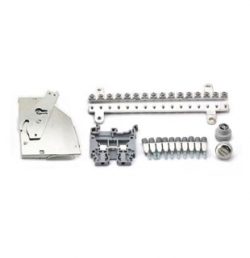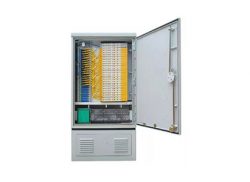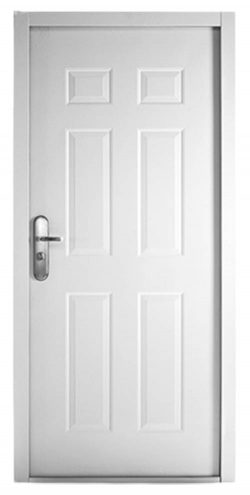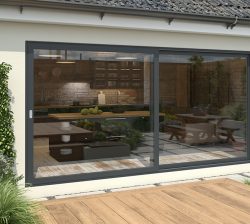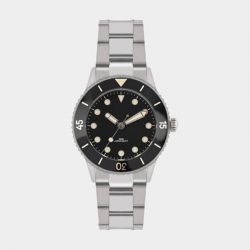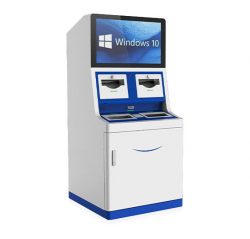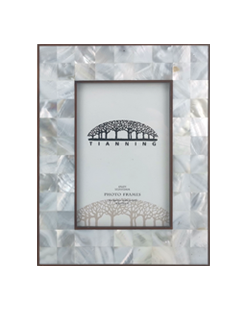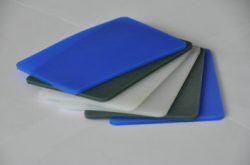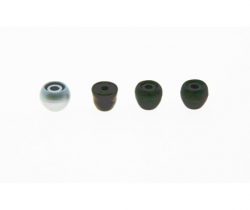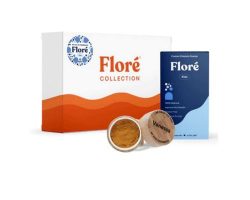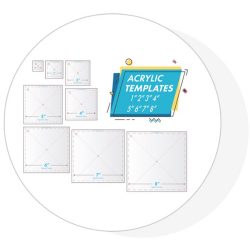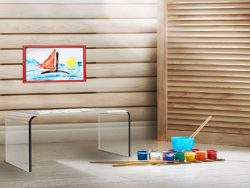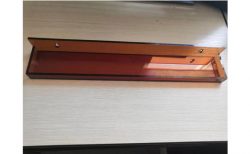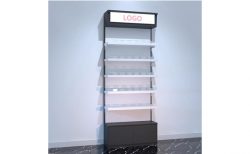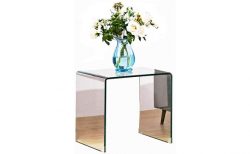PVC Injection Molding
Polyvinyl Chloride (PVC or Vinyl) is a high strength thermoplastic material widely used in applications, such as pipes, medical devices, wire and cable insulation…the list is endless. It is the world’s third-most widely produced synthetic plastic polymer.
Polyvinyl Chloride can be injection molded just like other plastics but the inclusion of chlorine in the material complicates the process. This is because melted PVC can give off a corrosive toxic gas. Accordingly, shops need to be equipped with sufficient ventilation systems. Those that aren’t are likely to be hesitant to work with the material. Additionally, special corrosive resistant materials like stainless steel or a chrome plating are required for the mold tool during PVC plastic injection molding. Shrinkage in PVC tends to be between one and two percent but can vary based on a number of factors including material durometer (hardness), gate size, holding pressure, holding time, melt temperature, mold wall thickness, mold temperature, and the percentage and type of additives.
Properties of PVC Injection Molding
General performance PVC resin is a white or light yellow powder with a relative density of 1.35-1.45. The hardness of the product can be added by PVC transparent board PVC transparent board. Adjust the number of plasticizers. Pure PVC has low water absorption and permeability.
Thermal properties: The thermal stability of PVC is very poor. It begins to decompose at 140 ° C and the melting temperature is 160 ° C. The coefficient of linear expansion of PVC is small, and it is flame retardant, and the oxidation index is as high as 45 or more.
Electrical properties: PVC is a polymer with better electrical properties, but due to its greater polarity, electrical insulation is not as good as PP and PE. Dielectric constant, dielectric loss tangent and volume resistivity are large, corona resistance is not good, generally suitable for low-voltage and low-frequency insulating materials.
PVC Injection Molding Requirement
·
Injection Molding Condition Value Unit for reference
Drying Temperature 60-90 °C
·
Drying Time 4.0-6.0 hr
·
Suggested Moisture Content <=0.30 %
·
Rear Barrel Temperature 160-180 °C
·
Middle Barrel Temperature 170-190 °C
·
Front Barrel Temperature 180-200 °C
·
Nozzle Temperature 180-200 °C
·
Mold Temperature 40-60 °C


